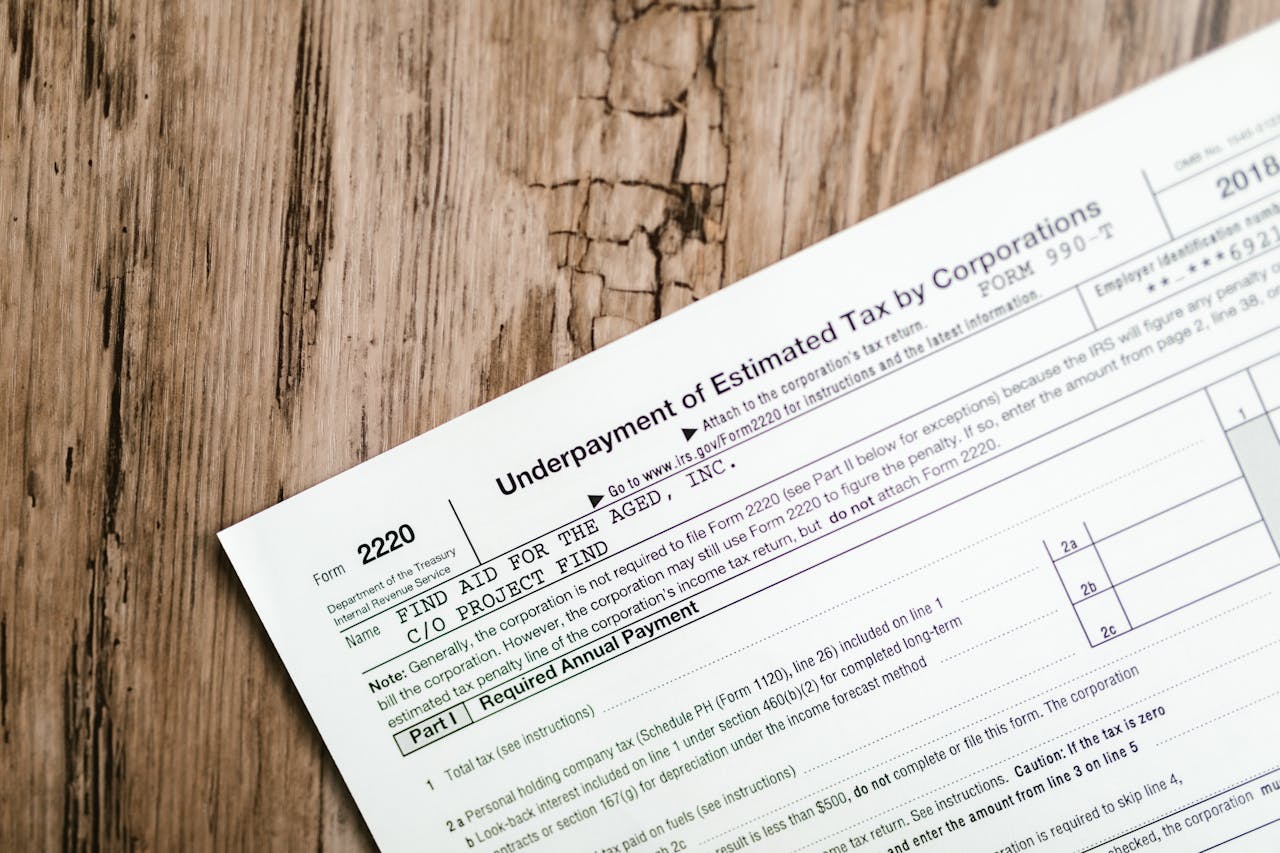Common Reporting Standard CRS – The Mechanism That Changed Everything
Imagine tax authorities in Paris automatically receiving details of every bank account a French citizen holds in Singapore – balances, interest earned, dividends received – without asking, without suspicion, without any particular reason beyond the account’s existence. Now multiply this across 120 countries exchanging information about each other’s residents through 4,900 bilateral relationships. This is Automatic Exchange of Tax Information: the systematic, routine sharing of financial account data between countries, transforming what was once protected by banking secrecy into transparent, reportable information flowing automatically across borders each year.
The architecture is deceptively simple. Banks and financial institutions identify which clients are foreign tax residents, collect comprehensive data about their accounts and income, then report this information to their domestic tax authority. That authority automatically forwards it to the country where the client claims tax residence – no request necessary, no evidence of wrongdoing required, pure automatic exchange occurring annually for millions of accounts worldwide.
This wasn’t always the world we lived in. A decade ago, discovering a taxpayer’s Swiss bank account required diplomatic negotiations, treaty invocations, evidence of specific wrongdoing. Today, Switzerland voluntarily reports such accounts every September.
Bank Secrecy – The Swiss Surrender
In 2017, Switzerland – fortress of banking secrecy for centuries – began this automatic reporting to foreign tax authorities. Luxembourg followed. Singapore capitulated. The Cayman Islands complied. By 2025, the OECD’s Common Reporting Standard operates across over 120 jurisdictions, creating history’s most comprehensive surveillance network for cross-border wealth.
This transformation occurred with remarkable speed. The financial crisis of 2008 shattered political tolerance for tax havens. Revelations about UBS helping American clients evade taxes, massive penalties, and sustained G20 pressure created irresistible momentum. The CRS framework, approved in 2014 and operational by 2017, achieved in five years what bilateral negotiations had failed to accomplish in decades.
CRS 2.0, effective 2026, extends this architecture to digital finance: Central Bank Digital Currencies, electronic payment systems, mobile wallets. Simultaneously, the Crypto-Asset Reporting Framework captures cryptocurrencies, stablecoins, NFTs, and decentralized finance protocols. Together, these frameworks create near-total visibility into individuals’ global financial activities.
The Numbers Tell the Story
The quantitative impact staggers. Over 500,000 taxpayers voluntarily disclosed hidden accounts, generating €37 billion in identified tax revenue – and those figures capture only formal disclosure programs, not broader compliance improvements or traditional enforcement enhanced by automatic information. Swiss bank deposits from countries implementing information exchange dropped dramatically, suggesting substantial capital repatriation or compliance improvements.
The expansion continues accelerating. From 54 jurisdictions conducting first exchanges in 2017, participation grew to 120+ by 2025. Bilateral exchange relationships multiplied from approximately 1,000 to over 4,900. Coverage now encompasses an estimated 75% of global financial wealth – a remarkable achievement considering banking secrecy’s prevalence merely two decades ago.
FATCA: The American Black Hole
While CRS created multilateral reciprocity, the United States weaponized unilateral power through FATCA – the Foreign Account Tax Compliance Act. Enacted in 2010, FATCA threatened 30% withholding on U.S.-source payments to foreign financial institutions refusing to identify American account holders.
The threat worked devastatingly well. Approximately 113 countries signed Inter-Governmental Agreements, effectively conscripting global finance into enforcing American tax law. Yet here lies the framework’s most glaring asymmetry: FATCA operates as a one-way mirror. The United States receives extensive information about American account holders worldwide but provides minimal reciprocal information to treaty partners.
Traditional tax havens – Switzerland, Singapore, the Cayman Islands – now participate fully in automatic exchange through CRS. Meanwhile, the United States, having forced the world to report its citizens’ accounts, declines to join CRS and provides only limited reciprocal information under FATCA agreements. American financial institutions report far less about foreign account holders than their international counterparts report about Americans.
The result: the United States has emerged as perhaps the world’s largest secrecy jurisdiction. Delaware LLCs, South Dakota trusts, and Nevada corporations offer foreign nationals substantial opacity while American institutions face minimal reporting obligations for non-U.S. account holders. Wealth that once flowed to Swiss banks increasingly parks in Miami, New York, and Sioux Falls.
FATCA and CRS now operate in parallel – the former extracting information for America while providing little in return, the latter creating genuine reciprocity among everyone else. This dual system imposes massive compliance costs on global financial institutions while the world’s largest economy maintains the very secrecy it condemned others for offering.
The transparency revolution conquered traditional havens but stopped at America’s borders. As long as the United States refuses full CRS participation, the framework contains a jurisdictional gap larger than all remaining non-participants combined – a black hole in tax transparency’s center where American exceptionalism meets geopolitical power.
The Corporate Dimension: BEPS and Country-by-Country Reporting
Individual account reporting found corporate counterpart in Country-by-Country Reporting and the global minimum tax. BEPS Action 13 requires multinational enterprises to report income, taxes, employees, and assets across all jurisdictions. Over 4,900 bilateral CbCR relationships now exist, mirroring CRS’s individual-focused network.
Pillar Two’s 15% global minimum tax, implemented in 50+ jurisdictions by 2025, transforms corporate tax planning more fundamentally than any development since transfer pricing rules emerged. Together with CRS and CbCR, these frameworks create comprehensive transparency for both individual and corporate cross-border tax matters – a pincer movement eliminating opacity from international taxation.
The Developing Country Dilemma
Yet beneath these achievements lurk profound inequities. Developing countries face identical implementation costs as developed nations but receive far less valuable information – their residents less frequently hold foreign accounts. The framework’s structure permits developed countries to decline exchange relationships with developing nations, citing confidentiality concerns, while still receiving information about their own residents.
Capacity constraints compound these problems. Effective implementation requires sophisticated IT systems, blockchain analytics for crypto-assets, cybersecurity infrastructure, and specialized personnel. Many developing countries lack these resources, creating situations where they formally participate but cannot effectively utilize received information. The result risks a two-tier system where frameworks function effectively for developed countries while providing mere formal compliance elsewhere.
Privacy’s Uncomfortable Retreat
The frameworks’ privacy implications prove equally profound. Financial institutions report account balances, investment income, capital gains, and detailed customer information automatically, without individual suspicion. Information shared internationally reaches governments with varying human rights records and rule-of-law standards.
Defenders emphasize tax compliance’s legitimacy and frameworks’ confidentiality protections. Critics see surveillance architecture with implications extending beyond revenue collection, potentially chilling legitimate activity and enabling abuse. The addition of CBDCs to CRS 2.0 amplifies concerns exponentially – central bank digital currencies enable real-time transaction monitoring domestically, while CRS shares aggregated information internationally, creating layered surveillance historically unprecedented outside authoritarian systems.
The Crypto Challenge
Cryptocurrencies appeared to offer escape from this surveillance network. Decentralized systems operating without traditional intermediaries seemed beyond regulatory reach. By 2021, with crypto markets exceeding $2 trillion, this gap threatened to undermine transparency progress.
CARF represents the response – comprehensive reporting framework for crypto-assets effective January 2026. Through sophisticated “Control or Sufficient Influence” tests, CARF reaches even decentralized protocols, identifying parties capable of implementing reporting systems. First exchanges begin in 2027 across 69 committed jurisdictions, extending automatic exchange to the digital frontier.
The Revolution’s Ambiguous Legacy
The transformation from banking secrecy to automatic exchange represents one of history’s most successful international regulatory initiatives. Traditional havens now share information routinely. Digital finance comes under surveillance. Corporate structures face transparency and minimum taxation.
Yet success brings uncomfortable questions. Has surveillance exceeded legitimate tax enforcement needs, sacrificing privacy values meriting protection? Do frameworks serve developed country interests while imposing disproportionate costs on developing nations? Can genuinely decentralized technologies resurrect financial privacy, or has the surveillance state permanently conquered?
Banking secrecy’s death created tax transparency’s triumph. Whether this triumph ultimately serves human flourishing or merely empowers states in ways corrosive to liberty remains the central question as implementation proceeds. The answer will shape not merely taxation but economic freedom’s boundaries in an increasingly digital, surveilled, and interconnected world.




